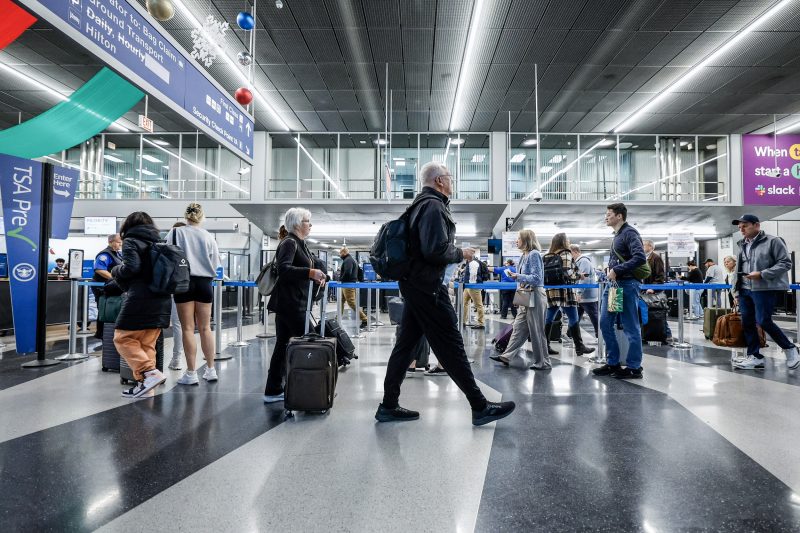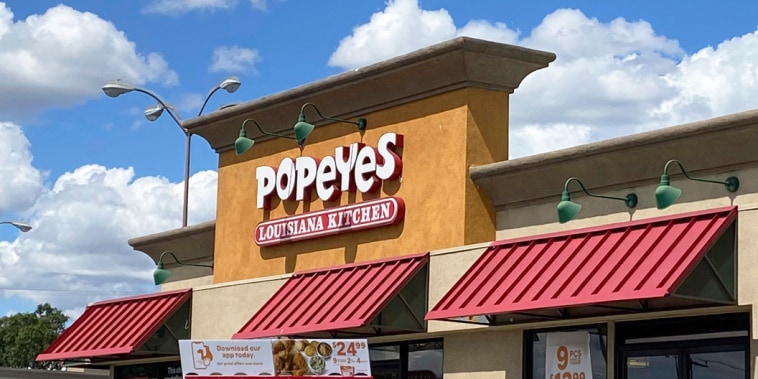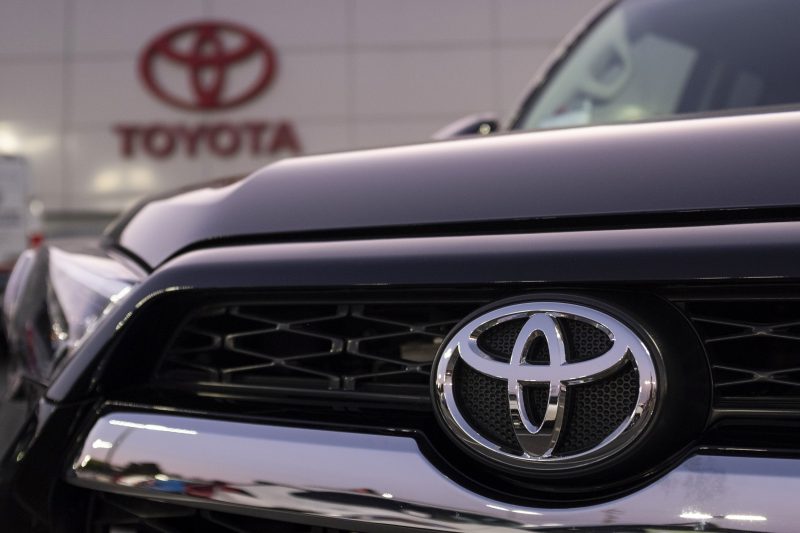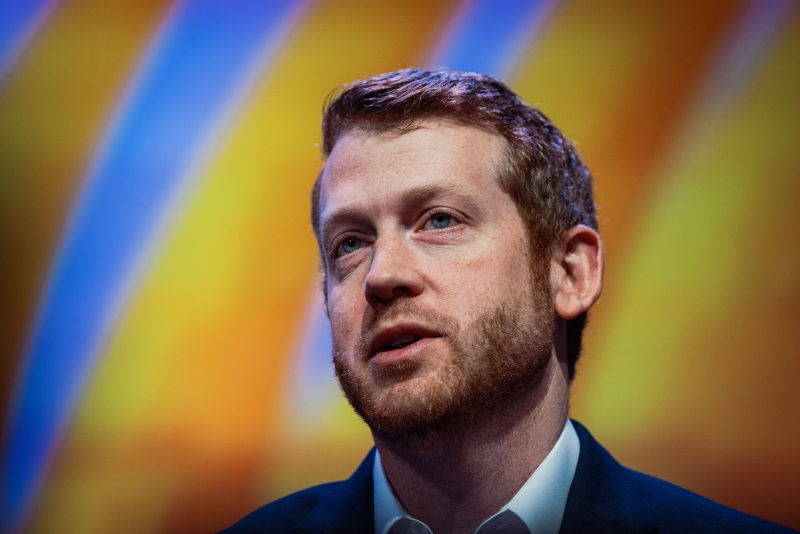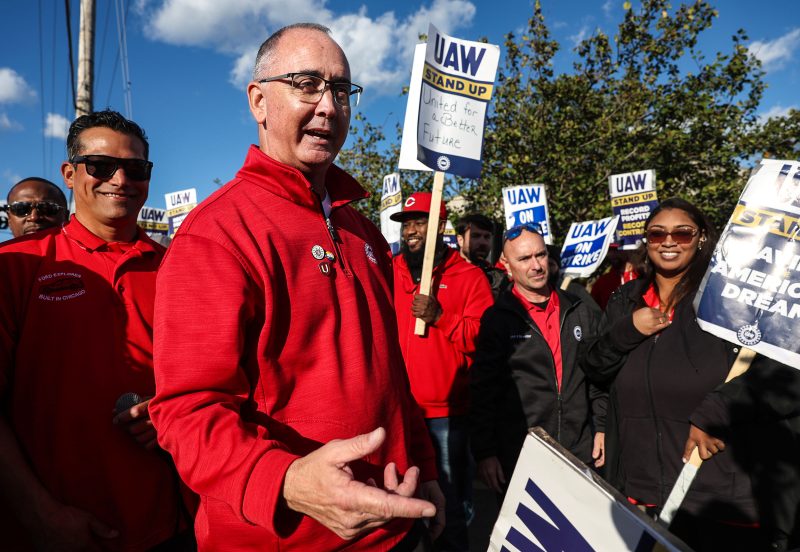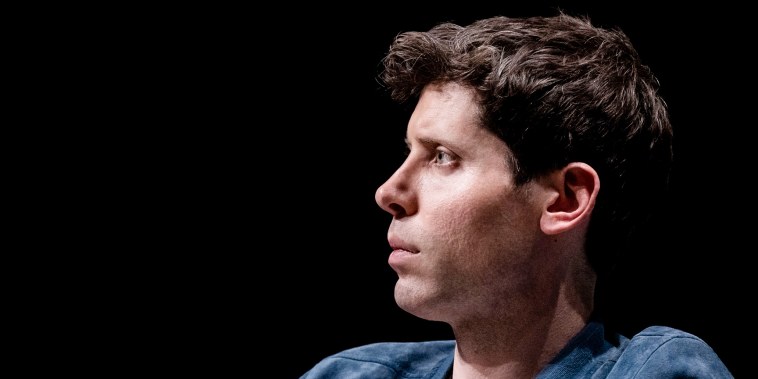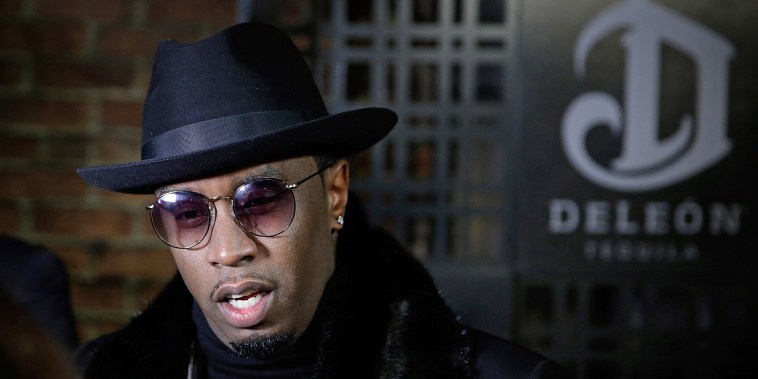
Sean “Diddy” Combs, who settled rape and abuse allegations with the singer Cassie last week, faces growing scrutiny in the midst of his push to refresh and expand a business portfolio he spent decades cultivating.
In a letter filed with a New York court Friday before the settlement, the London-based spirit maker Diageo cited the accusations to bolster its monthslong effort to prevent Combs from serving as the face of DeLeón tequila, which he has run in a joint venture with it for a decade.
The letter came after a series of lawsuits Combs filed against Diageo, whose other brands include Johnnie Walker, Don Julio and Smirnoff.
In May, he accused the company of pigeonholing DeLeón and Cîroc, the vodka he fronted for 15 years, as “Black brands” for “urban” consumers, allegedly violating an equal treatment provision in their contract. In a subsequent October complaint, Combs said Diageo had blackballed him from the spirit industry over his racial discrimination claims, which have been put on ice until next spring. He alleged in last month’s retaliation suit that the company was sending him the message “speak up and you will be punished.”
Diageo ended the Cîroc partnership over the summer, saying at the time that Combs had breached his contract. But the parties are still feuding over the use of up to $15 million in advertising and promotional budgeting, some of it for DeLeón’s marketing next year.
Combs attended a party in 2019 featuring Cîroc, the vodka line he fronted for 15 years.Kevin Mazur / Getty Images for Sean Combs
In recent months, Diageo has argued in court documents that Combs’ accusations of racism, which it denies, have already made him an ineffective spokesperson. The new “public and disturbing accusations” against him risk “devastating and permanent damage” to the tequila brand, the company said Friday, adding that one influencer had already asked to cut ties with DeLeón on moral grounds.
In its court letter, Diageo pointed to a statement by Combs’ lawyer to The New York Times indicating he was aware that Cassie wanted to expose details of their relationship for at least six months before they emerged publicly. That period, the company said, “happens to correspond with the pendency of Combs Wines’ original lawsuit against Diageo.”
Diageo declined to comment beyond the statements in the court documents.
A spokesperson for Combs didn’t comment on the Diageo dispute but said the decision to settle with Cassie, whose legal name is Casandra Ventura, “does not in any way undermine his flat-out denial of the claims. He is happy they got to a mutual settlement and wishes Ms. Ventura the best.”
In the days since the rape accusations emerged, scrutiny of Combs and members of his business circle has intensified. On Wednesday, his music label, Bad Boy Records, was sued along with its parent company and former president, Harve Pierre, accusing Pierre of sexually assaulting an unnamed assistant at the label.
“The allegations are from many years ago that were never brought to the attention of the company,” a Bad Boy Entertainment spokesperson said. “Neither the plaintiff nor the executive are current employees of the company. We are now investigating the allegations, and our top priority is the safety and well-being of our employees.”
Pierre didn’t immediately respond to requests for comment.
On Monday, a co-host of a podcast on Combs’ Revolt media network announced she wouldn’t participate in a third season.
“I am a [sexual assault] survivor & I cannot be part of a show that’s supposed to uplift black women while @Diddy leads the company,” Dawn Montgomery, who hosts “Monuments to Me,” a podcast about Black women’s issues and successes, posted on X.
Montgomery told NBC News that she empathized with Cassie’s allegations. “I cannot sign back on and say that I want to be paid to do a podcast where a few of the episodes were probably going to reflect this conversation,” she said. “Diddy and his people could never do anything towards me to make me feel like I needed to continue to be quiet.”
Revolt didn’t respond to a request for comment.
Old interviews with Combs’ associates addressing his alleged behavior and new comments critical of him have circulated on social media. Some users included the phrase “Surviving Diddy,” an apparent reference to the Lifetime docuseries “Surviving R. Kelly,” which featured accounts of women who accused the R&B artist of abuse over several decades. Kelly is serving time in prison for multiple sex crimes convictions.
At a performance in Los Angeles last weekend, the singer Kesha dropped lyrics referring to Combs in her 2009 hit single “Tik Tok,” whose opening line mentions him.
A 2016 fragrance photo shoot for Sean John, the popular streetwear label Combs launched in 1998.Penske Media via Getty Images
The pushback follows a flurry of business moves by Combs, 54, over the last 12 months.
He announced in September that he was returning publishing rights to some Bad Boy artists, telling Variety he was “doing the right thing” by making good on plans in the works since 2021. Several artists criticized the offer, saying they’d been asking for the rights for years but were unlikely to earn much from music that was more profitable decades ago.
In February, he rebranded his Combs Enterprises as Combs Global to reflect his evolution “as a business leader and a bigger vision to build the largest portfolio of leading Black-owned brands in the world.” The venture includes Empower Global, an e-commerce marketplace launched in 2021 aimed at supporting Black entrepreneurs.
The refresh came three months after Combs agreed to acquire a pair of cannabis operations in a deal valued at up to $185 million at the time, but the plan fell through in July after the merger that would have spun them off collapsed. In May, Combs rolled out a new R&B label, Love Records, as part of a deal with Motown Records, under which he released his fifth studio album in September.
Combs, whose net worth has been estimated at $1 billion, shot to fame in the early 1990s as a music promoter-turned-talent director before he set out to run his own label, with Bad Boy Records representing artists from the late Notorious B.I.G. to Faith Evans. One of his earliest major ventures outside music was in fashion, with the Sean John streetwear label, which launched in 1998. Combs sold the bulk of the brand in 2016 for an estimated $70 million, then bought it back from its bankrupt owner for around $7.5 million five years later.
A Macy’s spokesperson said the retailer began phasing out Sean John starting this fall in a move unrelated to the allegations against Combs. Other major sellers of the line, including Nordstrom and Saks Off 5th, didn’t respond to requests for comment; neither did Sean John’s parent company.
Some crisis communications experts said Combs’ quick settlement of the abuse claims could blunt further damage to his brand and businesses.
“Diddy avoided much of that pain by getting this thing resolved quickly,” said Evan Nierman, CEO of the public relations firm Red Banyan. “I think resolving the legal matter and having it completely closed to their mutual satisfaction is going to help inoculate him against seeing his career permanently destroyed.”
He said he wasn’t surprised that other celebrities and major brands largely haven’t weighed in. “I expect people to remain quiet on the topic now while it’s in the headlines,” he said, adding, “This is not going to have a lasting damaging effect on him.”
This post appeared first on NBC NEWS



